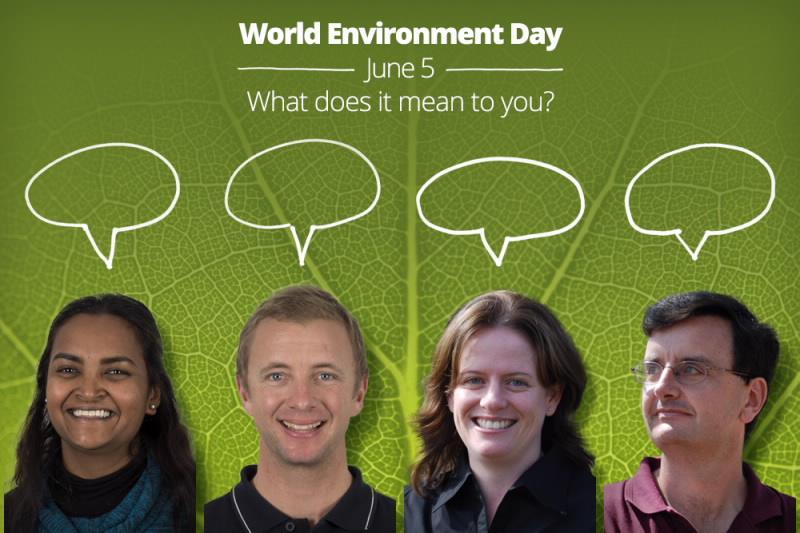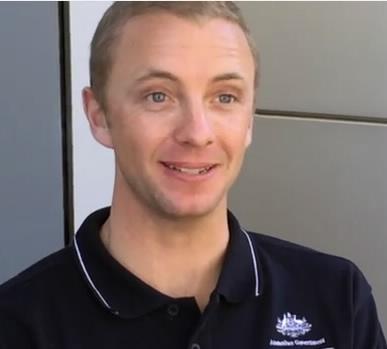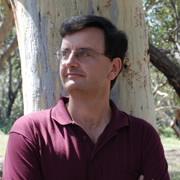

Published on the 5th June 2015 by ANSTO Staff
The United Nations World Environment Day is an international day that raises awareness and inspires everyone across the world to do something positive for the environment. The theme is ‘Seven billion dreams. One planet. Consume with care’, which focuses on every individual being responsible in the management of our planet’s natural resources.

ANSTO’s environmental researchers use a wide variety of isotopes including some that are radioactive, to understand how environmental systems- water, earth, air, plants and animals – function and interact, and the impact that humans are having on the environment.
This research enables industry and policy makers to make informed decisions about environmental resources and ultimately improve our world.
To raise awareness for World Environment Day, four environmental researchers at ANSTO share their thoughts on what this day means to them.

Michael Corry
Environmental Monitoring and Reporting Program
“World Environment Day is a chance to reflect and respect. As human beings we are bestowed the ultimate privilege of having the ability to understand the intricate workings of nature. Not only can we marvel at its beauty but we have the intellect to break it down into its simplest forms. World Environment Day is chance for everyone to reflect on their role in this wonderful environment and to respect that it is time to make a change.”

Patricia Gadd
ITRAX Facility Officer
“World Environment Day gives me the opportunity to be grateful to be to working in the Institute for Environment Research. Using ITRAX core scanner we look at Earth systems to reconstruct past environments through palaeoscience. “By looking at the past we can be better prepared to condition the present and the future”.
The majority of world’s environment has a significant history of human impact, in terms of timescale and intensity. Formulation of cohesive approaches for preservation, conservation or sustainable management of ecosystems demands information about the long-term interactions between the natural environment and human activities.”

Karina Meredith
Water Scientist
“The Earth’s environmental systems are complex and interconnected. There is so much we don’t understand about them even though we rely heavily upon them for our everyday needs. Everybody wants a world with clean drinking water, healthy natural environments and animal diversity. World Environment Day gives us a gentle reminder to celebrate the species diversity that remains on Earth but also urges us to understand our impacts. ”

Scott Chambers
Atmospheric physicist
“Over the millennia, the curiosity, ingenuity, and scientific tenacity of humankind have delivered us to a position of privilege among the inhabitants of our global ecosystem. But these advances have had no small impact on the environment to which we owe our existence. World Environment Day is an ideal opportunity to acknowledge our responsibility – and moral obligation – to provide our co- and future-inhabitants not just with an environment that can sustain life, but one in which they would like to live. To achieve this, and maintain the quality of life to which we have all become accustomed, we will need to direct our bountiful curiosity, ingenuity, and scientific tenacity, toward novel ways of monitoring our impacts, minimising our emissions, and securing cleaner sources of energy.”
Learn more about ANSTO’s Environmental research.